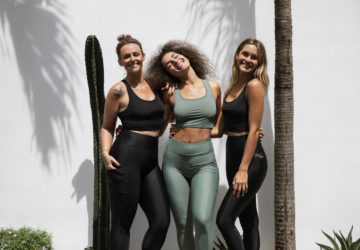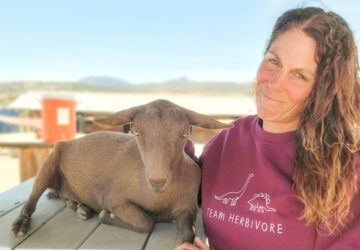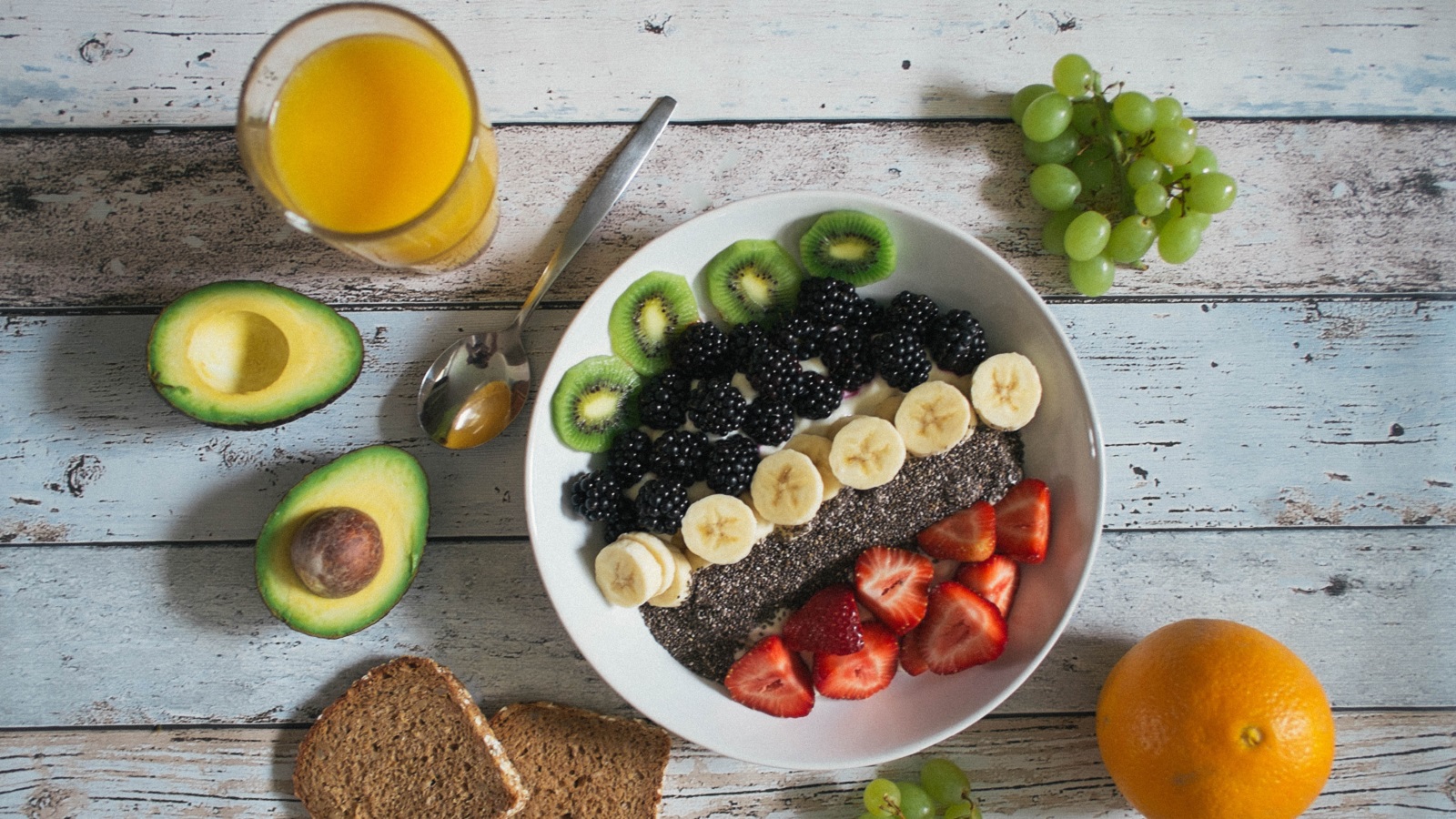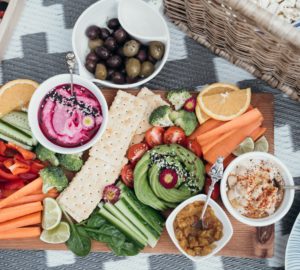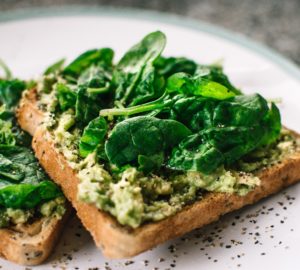How to eat vegan and get every vitamin and nutrient you need
While going on a vegan diet is a proven way to boost your health and longevity – if you’re not careful, you could end up with some nutritional deficiencies.
To help prevent that, we have rounded up the key vitamins and minerals you need to pay particular attention to when you follow a vegan diet – along with how to get them from plant-based sources.
1. Vitamin B12
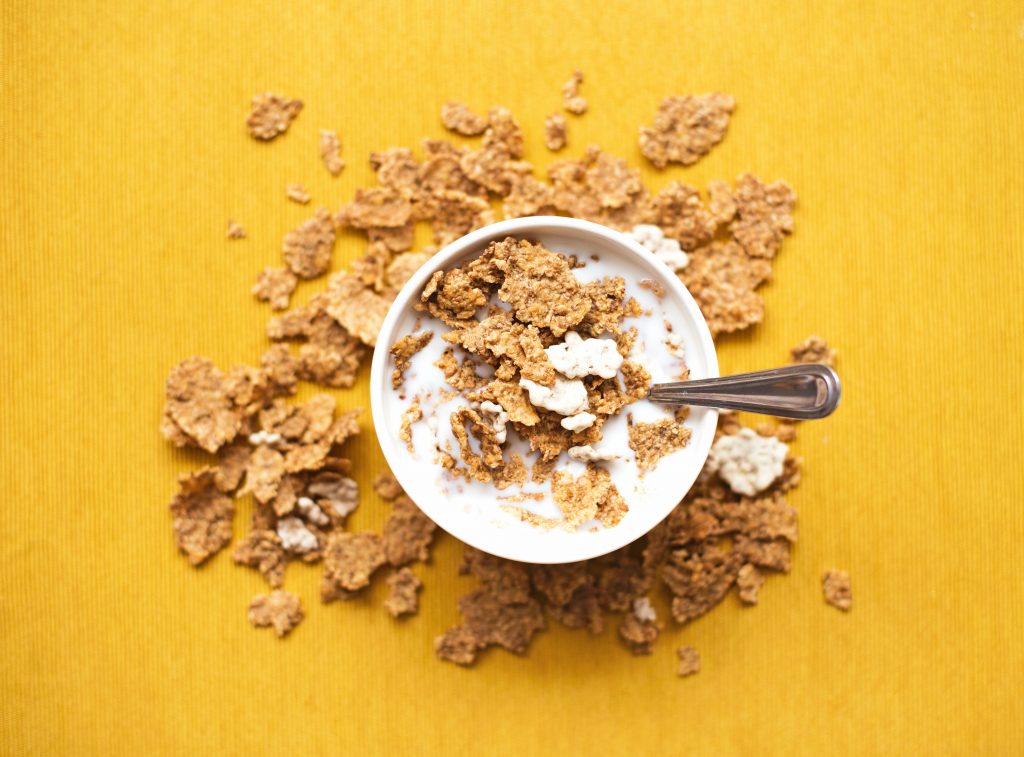
Whether you’re already following a plant-based diet, or just considering one, you’ve no doubt heard much about vitamin B12 deficiency. That’s because it’s a vitamin essential for keeping the body’s nerves and blood cells healthy – and it’s only found reliably in animal products.
While there’s a lack of plant-based foods high in vitamin B12, some research suggests dried purple laver (nori) has naturally high vitamin B12 contents.
However, since you’re unlikely to eat nori every day, make sure you consume plenty of B12-fortified foods (such as nutritional yeast, cereals, and some plant milks), and take a B12 supplement every day.
2. Long-chain Omega 3s
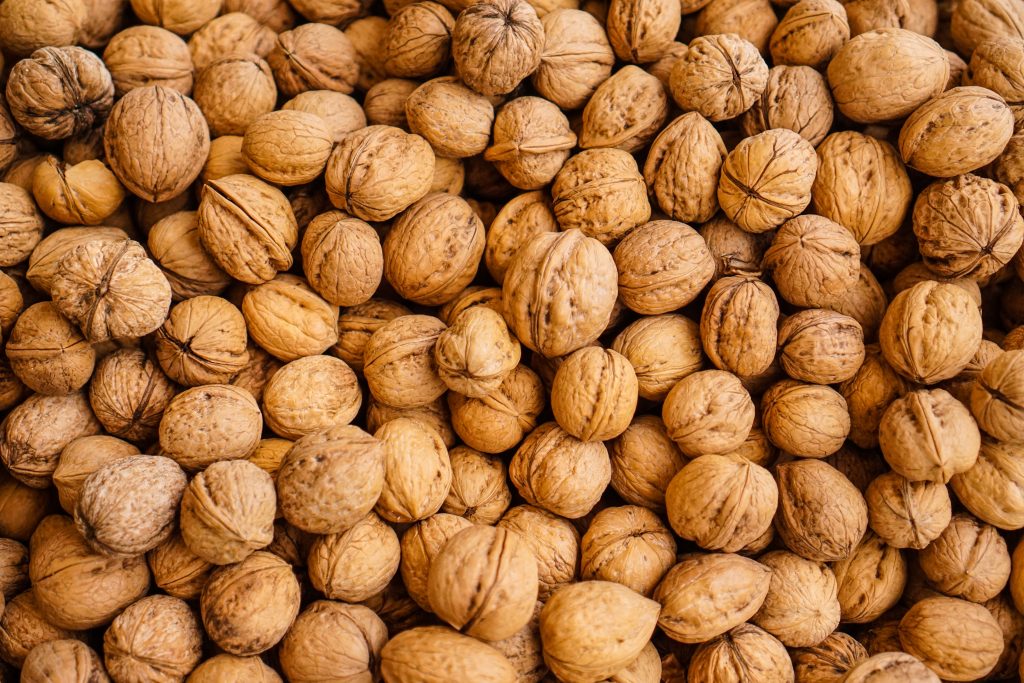
Long-chain Omega 3s are essential in maintaining a healthy heart! Some plant-based sources of this fatty acid are chia seeds, flaxseeds, hemp seeds, walnuts, and soybeans. It’s also a good idea to take an algae-based omega 3 supplement.
3. Calcium
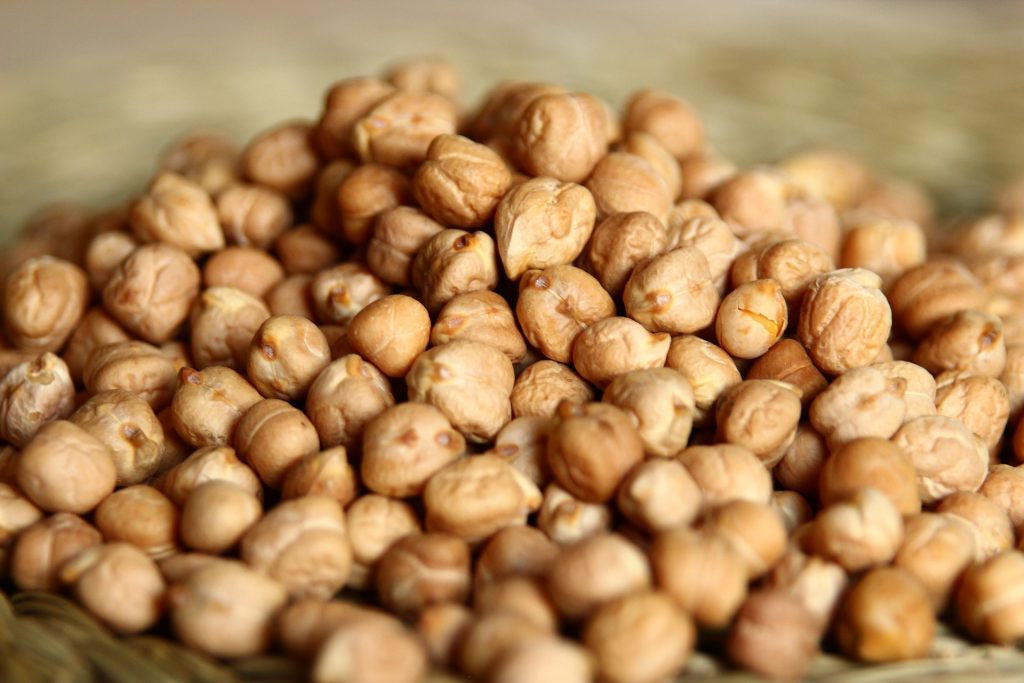
Want healthy bones and teeth? Then, you’ll need plenty of calcium! Plant-based sources include kale, mustard greens, watercress, broccoli, chickpeas, turnip greens, and fortified plant juices or milks.
4. Vitamin D (the sunshine vitamin!)

Vitamin D is essential for your body’s absorption of the aforementioned calcium. Unfortunately, very few foods naturally contain it. The good news is that you can get enough vitamin D by spending just 15 minutes in the midday sun. That said, in the months when sunshine is a rare sight, you may want to consider a vitamin D2 or D3 supplement (always check the label on vitamin D3 supplements to make sure they’re derived from lichen, rather than lanolin, which comes from sheep’s wool).
5. Iodine
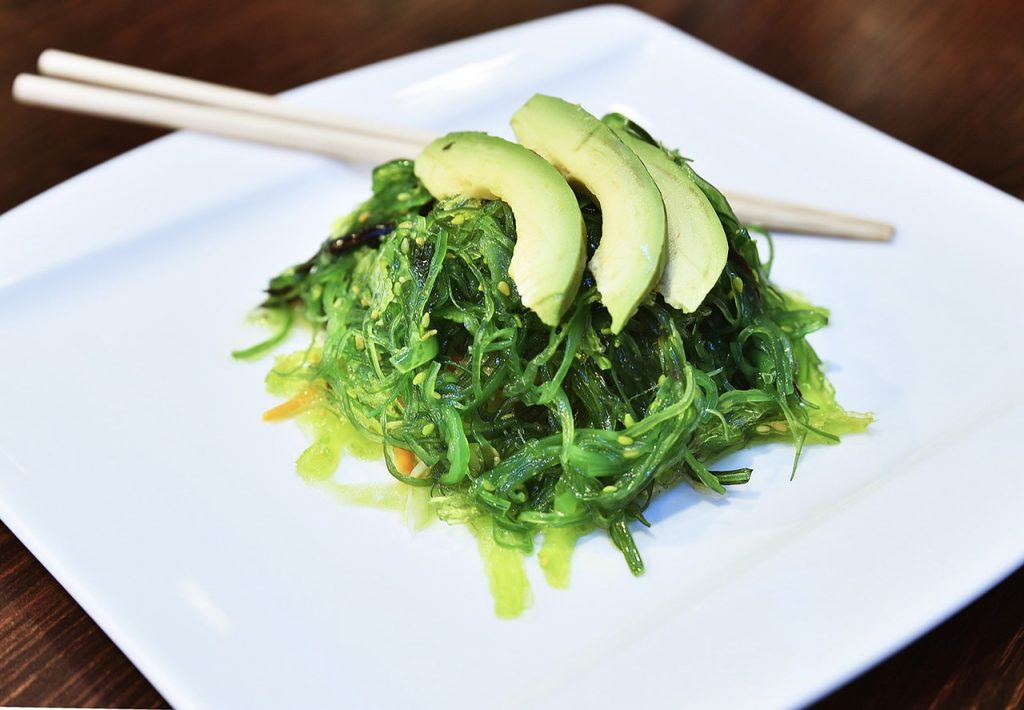
Iodine is essential for healthy thyroid function – and your metabolism. To make sure you get enough iodine from your diet, eat seaweed 2-3 times a week, or take half a teaspoon (2.5mg) of iodized salt. Alternatively, you may want to consider an iodine supplement.
6. Iron
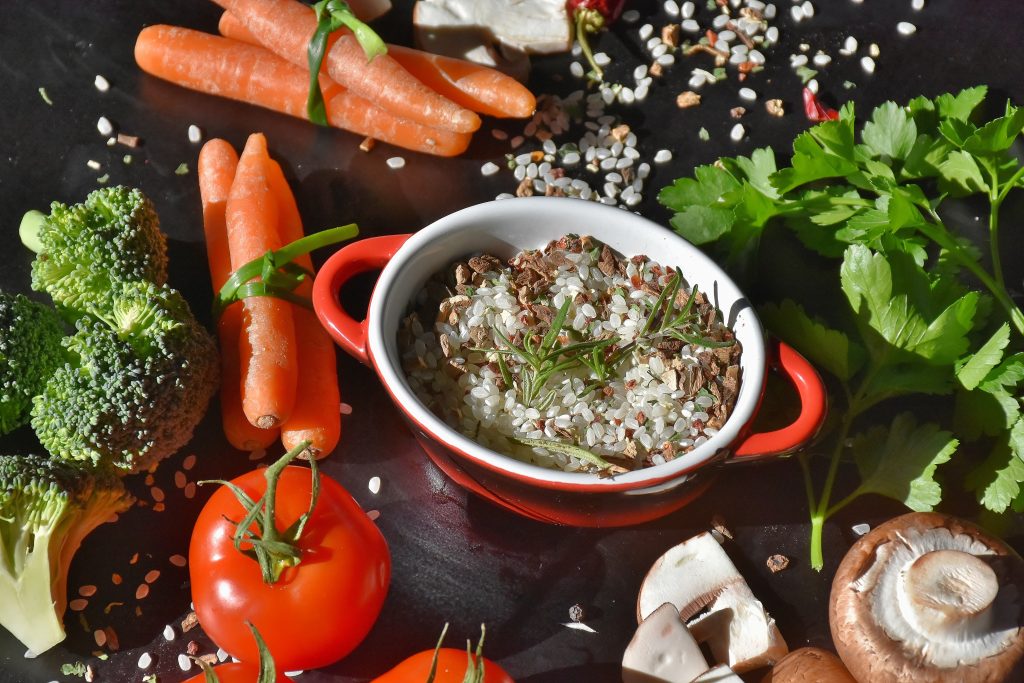
Iron helps transport the oxygen you breathe throughout your body. It’s also one of the most common nutrient deficiencies in the world.
To prevent this, be sure to eat iron-rich foods, such as tofu, beans and lentils , cruciferous vegetables (like broccoli, cauliflower, and cabbage), peas, seeds, nuts, and dried fruit. You may also want to add iron-fortified foods to your diet – such as enriched breads, cereals, and some plant milks – and combine them with vitamin C to boost absorption (like by putting avocado on your morning toast, or strawberries in your oatmeal!).
Bonus tip: Did you know that using cast-iron pots and pans to cook could also boost your iron intake?
7. Zinc
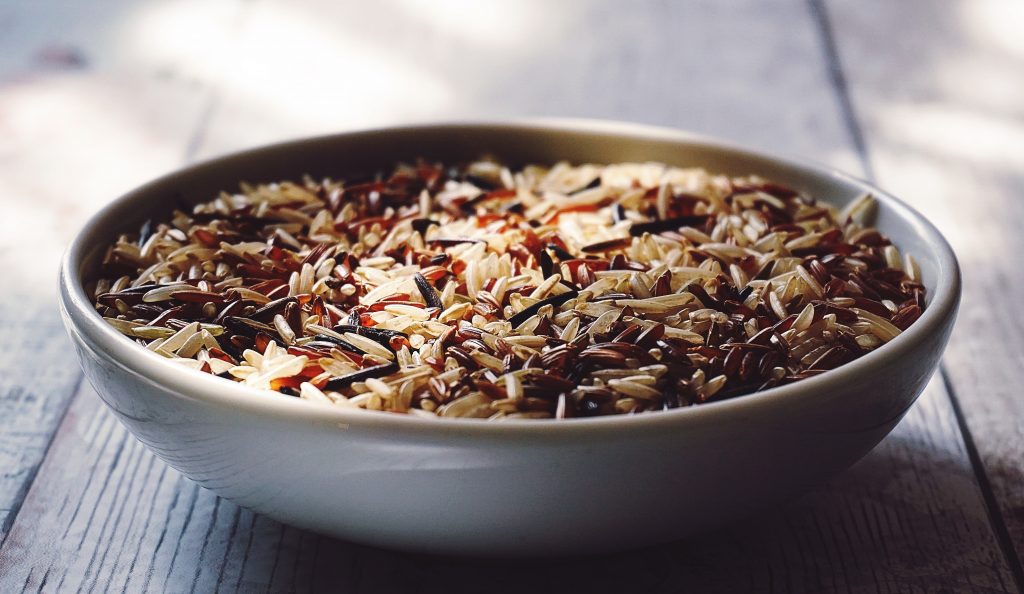
Zinc helps your immune system fight viruses and bacteria, aids in wound healing, and even contributes to your sense of smell!
To get enough, eat plenty of legumes, beans, and whole grains. Phytic acid found in these plants can make it more difficult to absorb zinc – so make sure you soak or sprout your grains and beans before cooking!
If you’d rather not have to worry about taking multiple supplements every day, you may also consider a multivitamin that includes all of the above vitamins and nutrients to ensure you meet all your nutritional needs.
For more about nutrients and the vegan diet, take a look at the Vegan Society’s Nutrition and Health resource.
Want to learn more about the plant-based diet? Check out these posts:
- Vegan FAQ: What to do when beans make you bloated
- 7 vegan health facts that will blow your mind
- The unbelievably easy guide to going vegan


